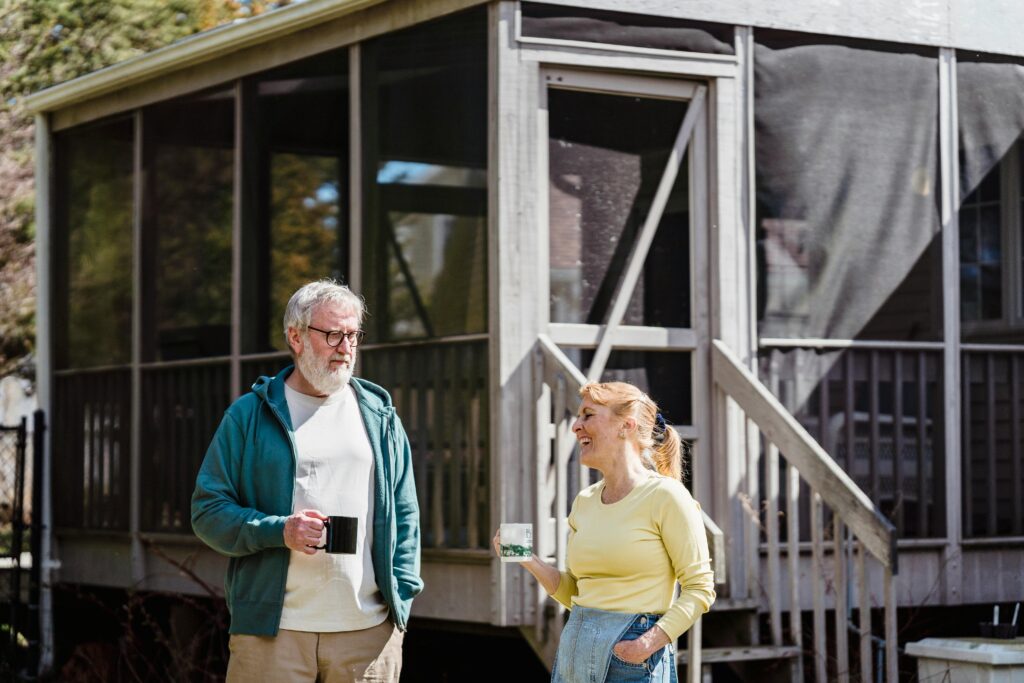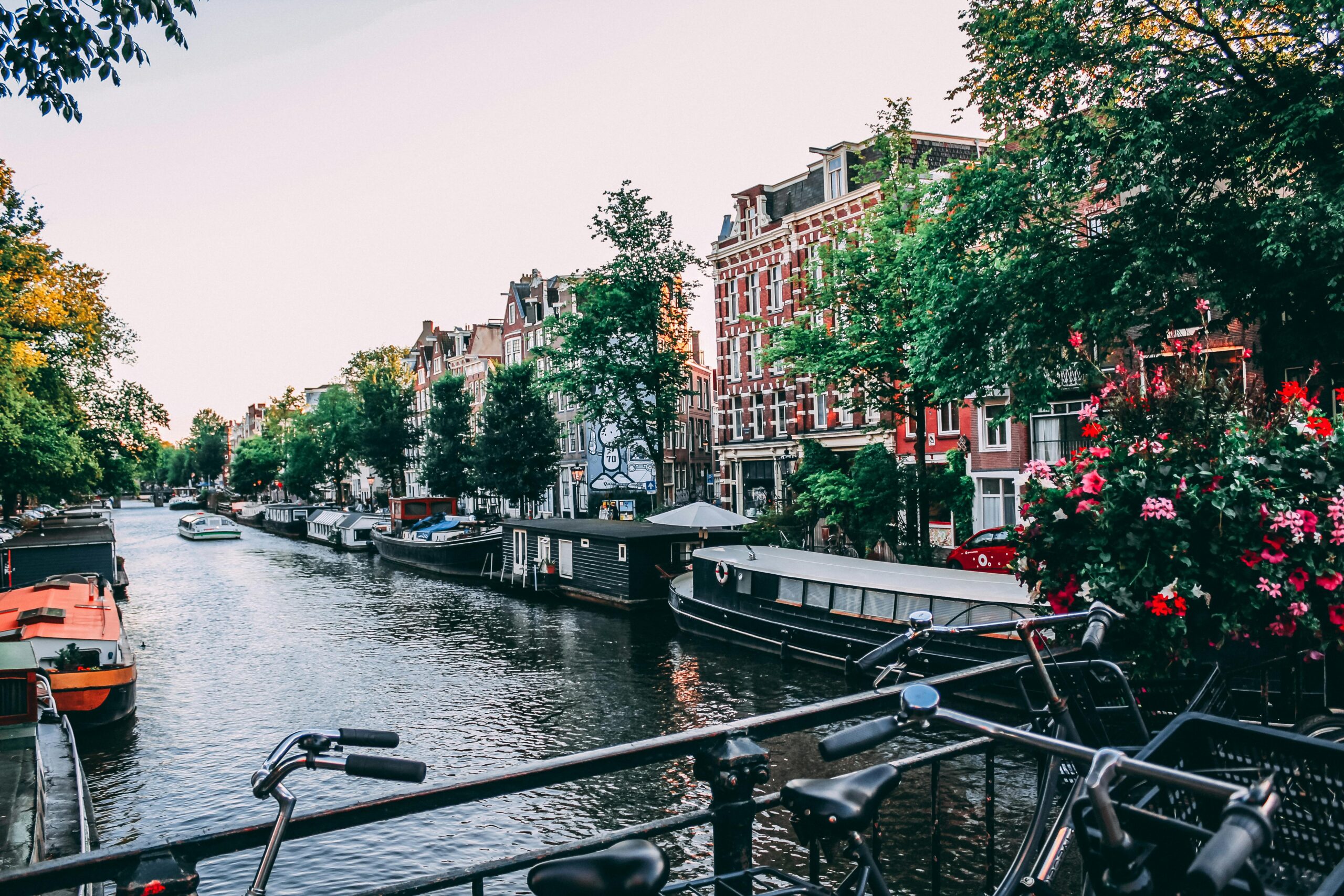In the heart of Amsterdam, where cobblestone alleys meet winding canals, a beloved institution is on the brink of disappearing. ‘t Zonnetje, a 400-year-old tea and coffee house that has served generations of locals and travelers alike, now faces potential closure—not from lack of interest, but from soaring rents, aggressive gentrification, and a tourism economy that’s pricing out its own heritage.

A Symbol of Dutch Cultural Continuity
Founded in the early 1600s, ‘t Zonnetje has long been considered one of the city’s oldest continuously operating cafes. With wooden beams, Delft tiles, and the comforting aroma of fresh roast wafting through its narrow doors, the shop has been more than just a place to grab a cup—it’s been a social anchor for its community and a quiet reminder of Amsterdam’s mercantile past.
Tourism and Gentrification: A Double-Edged Sword
Amsterdam draws more than 20 million tourists annually—many of whom gravitate toward the city center where iconic cafés like ‘t Zonnetje reside. While tourist dollars fuel much of the city’s economy, they also drive up commercial rents and lead to zoning changes that prioritize souvenir shops, fast fashion chains, and short-term rentals over small, historical businesses.
Local preservationists argue that the commodification of old-town Amsterdam has reached a tipping point. Family-run establishments are increasingly being replaced by higher-yield operations catering to transient visitors, often erasing the very charm that draws tourists in the first place.
A Broader Trend in Heritage Displacement
‘t Zonnetje’s plight is not unique. Across Europe, heritage-rich cities are seeing small cultural landmarks edged out by economic pressures tied to mass tourism:
- In Venice, family-run trattorias close in favor of takeaway pizza counters as the city becomes an “Instagram stage.”
- In Barcelona, protests against “tourism-driven gentrification” have led to calls for strict rental caps and business licensing limits.
- In Prague, once-authentic beer halls are now museum-like recreations for tour groups, with few locals left to fill the benches.

Community and Policy Response
The possible closure of ‘t Zonnetje has sparked public backlash and calls for intervention from the local council. Preservation activists and civic leaders are urging city officials to consider:
- Cultural Heritage Designation for businesses over a certain age
- Commercial Rent Control in heritage zones
- Subsidies or Tax Breaks for maintaining historically significant interiors and practices
- Tourist Tax Allocations redirected toward protecting small, historic businesses
City officials are reportedly reviewing whether ‘t Zonnetje qualifies for protection under new heritage-preservation frameworks that aim to balance tourism with sustainability.
Frequently Asked Questions
Q: Why is ‘t Zonnetje significant?
A: It’s one of the oldest tea and coffee houses in Amsterdam, with a continuous history spanning over 400 years—a rare symbol of the city’s mercantile and café culture legacy.
Q: What’s causing the potential closure?
A: Rapidly rising commercial rents and increased demand for central retail space by tourism-related businesses are putting pressure on traditional, small-scale operators.
Q: Is Amsterdam doing anything to help?
A: Local policymakers are debating potential protective measures, including cultural heritage status, tax breaks, and commercial rent controls.
Q: How are tourists involved in this issue?
A: While tourism sustains much of Amsterdam’s economy, it also drives up prices and rent, making it harder for longstanding local businesses to compete.
Q: What can locals or visitors do to help?
A: Support legacy businesses, spread awareness, and participate in community petitions or advocacy campaigns to influence policy decisions.
Q: Are other cities facing similar problems?
A: Yes—Venice, Barcelona, Lisbon, and Prague all struggle with balancing tourism and the preservation of local culture and community life.

‘t Zonnetje stands at the crossroads of heritage and change—its fate could set a precedent for how cities around the world manage the growing tension between culture and commerce. In the face of tourism-fueled transformation, the question remains: what is the real cost of a latte with a view?
Sources CNN


